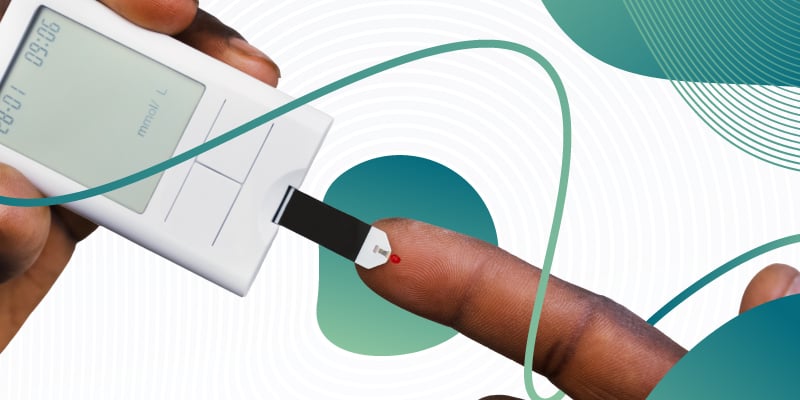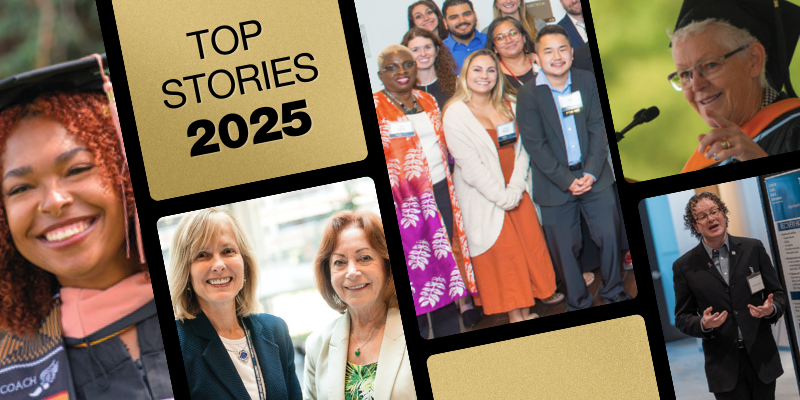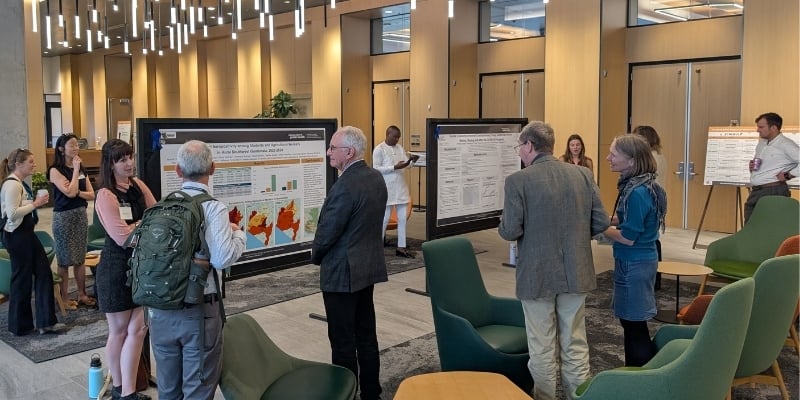The rice fields in the Mekong River Delta of southern Vietnam flood.
Extreme heat in the coffee plantations in the Central Highlands is becoming a regular weather pattern. Vietnam experienced a record-setting heat wave in April and May of this year.
Farmers in the northern province of Ninh Bình have had to transition from farming rice to fruit due to the increase in water salinity.
More academic research is exploring the effects of climate change on human health. What does this change in climate mean for people in the workforce, and especially outdoor workers? Disproportionally affected by rising temperatures, natural disasters, and shifting growing and harvesting seasons, how are agricultural workers’ lives impacted by a changing planet?
Researchers from the Colorado School of Public Health (ColoradoSPH) are working with the International Labour Organization’s (ILO) Vision Zero Fund to understand this impact as experienced by Vietnamese agricultural workers.
ILO’s Vision Zero Fund is a G7 initiative administered by the ILO that aims to reduce accidents, injuries and diseases in global supply chains. In 2022, the G7 asked the Fund to address the impact of climate change on workers’ health. As part of this mandate, the Fund is implementing pilot projects in Vietnam, Madagascar and Mexico.
The project coinvestigators are Miranda Dally, DrPH(c), senior research instructor at the Center for Health, Work & Environment and Department of Environmental & Occupational Health, and Megan Cherewick, PhD, assistant professor in the Department of Community & Behavioral Health, senior investigator at the Center for Global Health, and faculty affiliate of the Rocky Mountain Prevention Research Center at the ColoradoSPH.
Building on the teams’ existing research on heat and agriculture workers, the researchers are working to close the gap between environments where occupational health and safety knowledge is most needed but least found. Agriculture is an essential industry for Vietnam. Not only does the nation provide food for itself, but much of its crops are exported to surrounding countries and even extend to Europe and the United States.
Climate change impacting workers
“We've been thinking about what climate change means in terms of agriculture,” said Dally. “In Vietnam, it means looking at the impact on crop production. What hasn't been explored is what climate change means for the people who produce the food.”
“Investigating climate change impacts on human health extends beyond experiences of acute, adverse extreme events to include slow-onset impacts,” said Cherewick. “Climate change affects mental well-being, family, social and community relationships. Additionally, evidence suggests that there are differences in exposure, vulnerability, and sensitivity to climate change. Our research is structured to explore these differences such as varied experiences by gender.”
For the first step in the contract-funded project, researchers familiarized themselves with the existing knowledge base of how climate change is affecting outdoor workers, so as not to duplicate research efforts. The second phase of the project will include interviews with key informants and focus groups with agricultural workers in Vietnam to understand how climate change is impacting them. From these interviews, Dally and Cherewick will determine recommendations for government agencies, employers and workers, and non-government organizations (NGOs), to understand where there might be opportunities to intervene, improve resilience of communities, and protect agricultural workers.
“We are excited to collaborate with the ColoradoSPH,” said Ockert Dupper, the Vision Zero Fund’s global program manager. “In our view, the impact on human function and health in work situations is a ‘neglected’ effect of global climate change. If we are to find the motivation to do something about climate change, we must understand as best as current science allows what it means for the lives of workers who make our clothes, grow the beans for our coffee, and construct the buildings in which we live and work. This project provides us with an opportunity to give climate change a human dimension.”
The project is multi-collaborative. The researchers will work closely with the Vietnamese Chamber of Commerce and Industry (VCCI) – HCM branch, the main local partner for this project, who will connect the team with farmers in the different regions. Researchers from Hanoi University of Public Health with strong relationships in northern Vietnam will conduct interviews in the Northern region.
Representative regions and crops
“We’re looking at rice, coffee and fruit, as well as different geographic locations, which all have slightly different climate hazards,” said Dally. “Some areas will be more impacted by heat, some more by flooding. We wanted to try to get as much breath as possible.”
In Vietnam, small holder or subsistence farmers grow crops for their own consumption as well as to sell to cooperatives or individual buyers who will act as the middle seller between farmers and big-name companies.
“It's an interesting challenge in that it's going to require a different approach than we typically take like working directly with an employer,” said Dally.
“We want to represent the lived experiences of outdoor agricultural workers. We hope to learn how interventions can reflect their priorities and utilize the assets and strengths of their communities so that the interventions can be scalable and sustainable,” said Cherewick.
Qualitative methods
The researchers will complete focus groups with farmers and in-depth interviews with key formants to understand the health and safety needs and gaps in meeting them. They will explore how workers understand climate change and associated risks, what measures they take to protect their health (physical and mental), and potential adaptive strategies to respond to the effects of climate change.
“The vignettes we’ll use in interviews are essentially case studies where we discuss different work situations that involve choices related to climate,” said Dally. “We will ask the farmers how or why the fictional character in that situation made the decisions that they made and what they would have done differently if they were in that situation. The goal is to try to understand why they are doing the things that they're doing. By removing the person we're interviewing from that situation, we hope they feel less judgment about why they did something similar at work.”
The team will also conduct interviews that are stratified, or separated by gender, to see how their recommendations may need to differ for men versus women. They will collect data from these sessions to help inform strategic investments in resilience-enhancing interventions.
The researchers want their recommendations to be culturally grounded, building off existing strengths in communities, to ultimately improve farmer health in the face of climate change. After analyzing data, the team will hold a validation workshop with stakeholders in Vietnam to help disseminate the project report with actionable recommendations in early fall.
About ILO’s Vision Zero Fund:
The ILO is the primary UN body supporting working conditions and worker protection globally in a unique tripartite structure representing workers, employers, and governments across 187 member states. For more than a century, it has set labour standards, including on occupational safety and health, developed policies and devised programmes promoting decent work for all working people. Gender equality is specifically enshrined in the ILO’s core labour standards.
Vision Zero Fund is an integral part of the ILO’s Flagship Programme Safety + Health for All that aims to promote the safety and health worldwide. It is an initiative of the G7 and has been endorsed by the G20. The Fund promotes a model of collective action that mobilizes a wide range of stakeholders, including global business, to develop and implement joint solutions to address endemic safety and health challenges in global supply chains. www.ilo.org/vzf/






